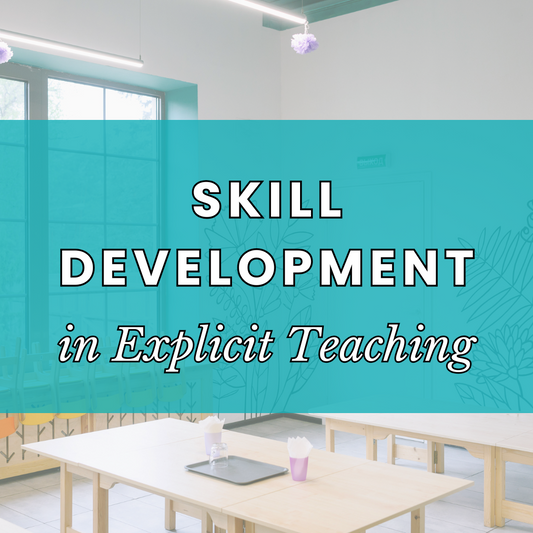
What is Cognitive Load Theory?
Share
How it Affects a Student's Academic Performance
Introduction of Cognitive Load Theory
keywords: cognitive load theory, cognitive load, theory of cognitive load
Cognitive load theory is the study of the mental effort that people need to put forth when they engage in some cognitive activity.
The concept of cognitive load has been defined and explained by Sweller, van Merriënboer, and Paas (1986). They view cognitive processing as a limited resource that can be taxed when we are presented with information that we do not yet know or understand. This theory is often applied to student learning and teaching methods.
How Do You Know if You Have a High or Low Load?
keywords: low cognitive load, high cognitive load
Cognitive load is the amount of mental effort required to process a given task. The more complex the task, the higher the cognitive load.
High cognitive load can be caused by either too many demands on your attention or too much difficulty in processing information. This can lead to mistakes and a lack of focus. A low cognitive load is when you are able to focus on one task at a time and not feel overwhelmed.
Cognitive loads can be measured through a number of ways including working memory capacity, mental workload, and subjective experience of mental effort.
There are some signs that can help you determine if your students have a high or low cognitive load:
- If you find your students making more mistakes than usual, then it's likely that their cognitive load is too high.
- If you find your students feeling frustrated or stressed out, then it's likely that their cognitive load is too high.
Student’s Academic Performance
Cognitive load is the amount of mental effort required to process information. It is a measure of the difficulty of a task, and it can be high or low.
High cognitive load can lead to lower academic performance in students. This is because it takes up more mental resources and leaves less for other tasks. Low cognitive load, on the other hand, leads to better student outcomes because it does not require as much mental effort and leaves more resources for other tasks.
Classroom Strategies to Reduce Cognitive Load in Your Teaching Strategies
keywords: reduced cognitive load, reduce student workload
The idea of cognitive load is a relatively new concept and it is not yet fully understood. It refers to the amount of mental effort a person needs to spend in order to complete a task. The more cognitive load there is, the more difficult it becomes for the student to learn and retain knowledge.

Use these strategies to reduce your students' cognitive load:
- Encourage students to work in pairs when they are completing an assignment or solving a problem,
- Check for understanding: Provide students with opportunities for active engagement by asking them questions about what they have learned and by having them think aloud during class,
- Provide students with visual representations of concepts and ideas.
- Give students time to practise new skills during class time.
- Provide sufficient time for students to complete tasks.
- Provide clear instructions and guidelines on how to complete tasks.
- Reduce the number of steps needed to complete a task.
- Provide feedback on students' work.
Explicit teaching is a pedagogy that specifically aims to reduce student cognitive load.
Conclusion on How to Implement Cognitive Load Theory in the Classroom
keywords: reducing student workload, reducing student stress
In the classroom, teachers should be aware of how much information they are presenting to their students at one time. The goal is not to overload them with too much information, but instead provide them with just enough so they can fully process it.



